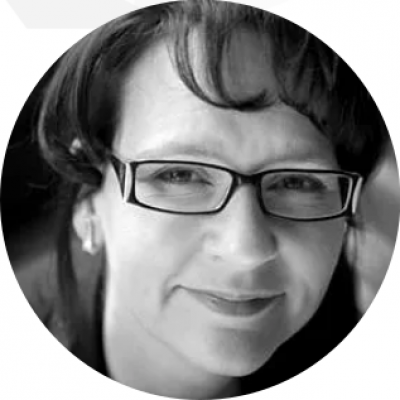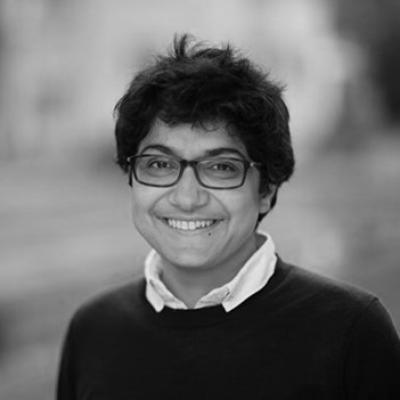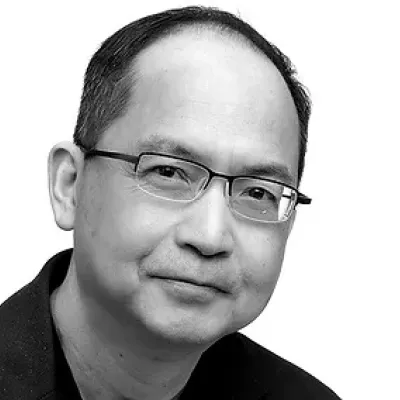We hope you will have seen our recent job advertisements for 3 Assistant Professorship positions (called Departmental Research Lecturers in Oxford) and 3 Postdoctoral Researcher Positions in demography. For details see: Assistant Professor and Postdoctoral
Just what are we looking for? We are a new interdisciplinary demographic science centre with the aim is to be disruptive and realign conventional thinking.This demands working in a highly interdisciplinary space, using new types of data or combining old and new thinking in surprising ways. We interpret demography widely to cover a range of topics related to population growth and shrinkage, migration, longevity and ageing, fertility, household change, climate change, employment and beyond. You will need to be open and excited about actively working with people from demography, sociology, molecular genetics, economics, history, philosophy, marketing, business, criminology, statistics, econometrics and computer science.
We challenge you to bring interesting new and risky ideas of how you would like to build an independent research line within the centre. Do you have an idea of how you could use social media data to track demographic events? Are there geographic or historical approaches or data that can bear new light on fundamental demographic questions? Are you interested in asking new questions in the realms of molecular genetics, statistics and demography that can expand our knowledge?
We lead innovation by example. Our Director Melinda Mills pushes boundaries by combining demography, sociology and molecular genetics, such as in her ERC-funded SOCIOGENOME project and ways of looking at genetics. Digital and computational demography co-leader, Ridhi Kashyap, uses digital and social media data, microsimulation and agent-based models to answer questions about gender equity and demography. Sir David Hendry, co-leader of the theme on environmental context, demography and climate infuses econometric methods, modelling, computing and forecasting. Sociologist Richard Breen (co-leader causality theme) has introduced new methods and ways of thinking in the study of education, inequality, social stratification and mobility. Luciano Floridi (co-leader theme on ethics, truth and trust) asks core questions about computer ethics and the philosophy of technology in his Digital Ethics Lab. Augustine Kong, former head of research at deCODE genetics until recently joining Oxford, has pushed multiple boundaries in statistical methods and understanding of genetics.






